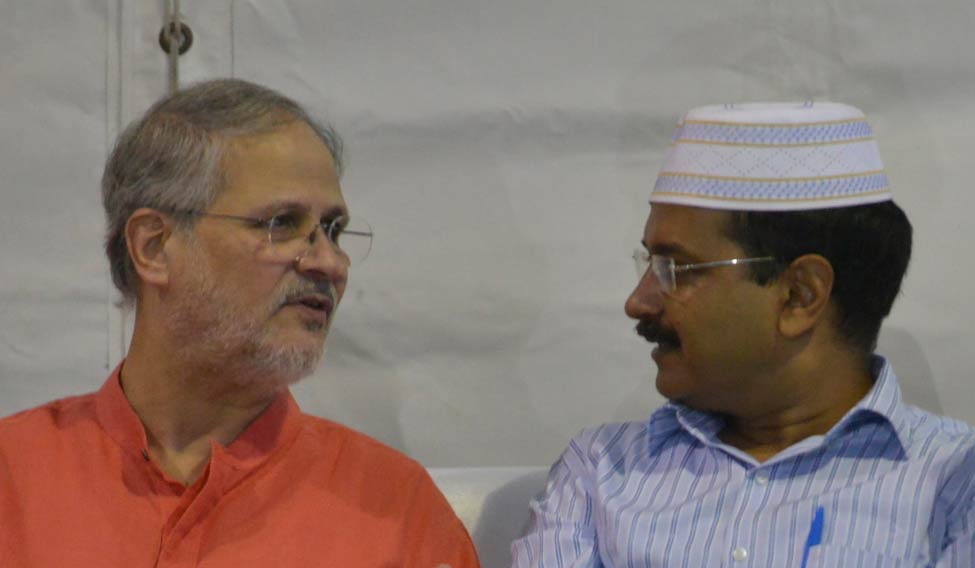For all those who were confused by the apparent wrangle between the elected government of Delhi and the Lt. Governor (LG), who enjoyed the backing of the Union Home Ministry, the Delhi High Court judgement comes as a breath of fresh air. However, it is likely to raise the issue of democratic deficit as the court made it clear that the elected government's decisions need the LG's approval since Delhi is a Union Territory (UT). And, the LG is the representative of the President.
The two key points that underlie this debate are the structure of territorial units under the Constitution of India, and the administrative arrangements of national capital territories in federal democratic republics.
The Indian Constitution recognises only two types of sub-national entities, States and Union Territories, detailed in the First Schedule. Delhi is in the UTs list. Article 239AA of the Constitution, which lays down Delhi's governance arrangements provide the LG with overriding powers. This article also enables Parliament to make a law allowing for Delhi to have an elected Legislative Assembly. Significantly, this article comes under Part VIIII of the Constitution, which deals with UTs.
But, then doesn't Delhi have an Assembly and an elected government? Yes, it does, but so does Pondicherry, which is a UT too. And so did Himachal, Arunachal, Manipur, Tripura and Goa when they were UTs. What is of significance is the establishment, structure, powers, etc. of the State Assemblies are laid down in Part VI of the Constitution, while Legislative Assemblies of UTs are created by Parliament, which can, and have, abolished them.
The other key issue is governance of national capital territories of democracies, particularly federal ones. The picture is not uniform, but in most cases, local autonomy is limited. While Washington DC has a directly elected mayor, its budget is approved by the US Congress, where the DC has only a non-voting representative and no senator. The head of the Paris region (department) is part of the French President's office. The mayor of London's only responsibility is transport; local services are with the respective borough council, like our municipal bodies. The closest Delhi analogy is Australia. The Chief Minister of the Australian Capital Territory of Canberra draws his legitimacy from the local elected assembly, but is responsible for only a few subjects like education, social services and environment. And, functions under the Governor General.
Delhi's LG acts on behalf of the President, who controls him. The President's powers in this case are exercised by the Union Home Minister, who is answerable to Parliament. Successive governments in free India have wrestled with the issue of Delhi's governance structure from the Constituent Assembly onwards.
The present arrangements go back to 1993 when Assembly elections were held in Delhi, and a BJP government headed by M.L.Khurana came to power, even as there was a Congress government at the Centre. The BJP-led NDA took power at the centre in 1998 and within months, Delhi overthrew a Congress government led by Sheila Dikshit. In between S.S.Verma and Sushma Swaraj held charge of CM, and the United Front governments were at the centre.
Delhi's governance and development continued despite these obvious political splits, since the elected leadership knew the rules and played by them. Local leaders desired statehood, desired more power, but did not make Centre-Delhi relations hostage to this alleged lack of power. Delhi's physical infrastructure, institutions of higher learning, hospitals etc. are testimony to what can be achieved within the existing framework.
Hopefully, with this judgement making it clear how Delhi is to be governed, routine administration and development would be back at the centre-stage.
(Shakti Sinha, former Delhi Principal Secretary)





